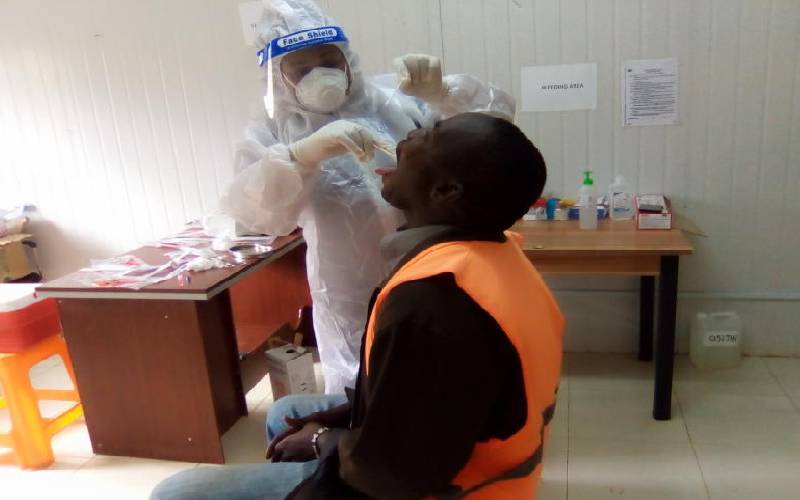 How will the world be in the next half of the year, five or 10 years from now? This is the single most important question that humanity is currently grappling with as governments across the globe try to navigate the Covid-19 crisis.
How will the world be in the next half of the year, five or 10 years from now? This is the single most important question that humanity is currently grappling with as governments across the globe try to navigate the Covid-19 crisis.
One clear thing is that Covid-19 has disrupted and continues to disrupt our lives and livelihoods in very unanticipated ways, testing the resilience of our social, economic and political structures. Furthermore, it has disrupted economies and exposed the competence (or lack thereof) of governments in investing in strong structures.